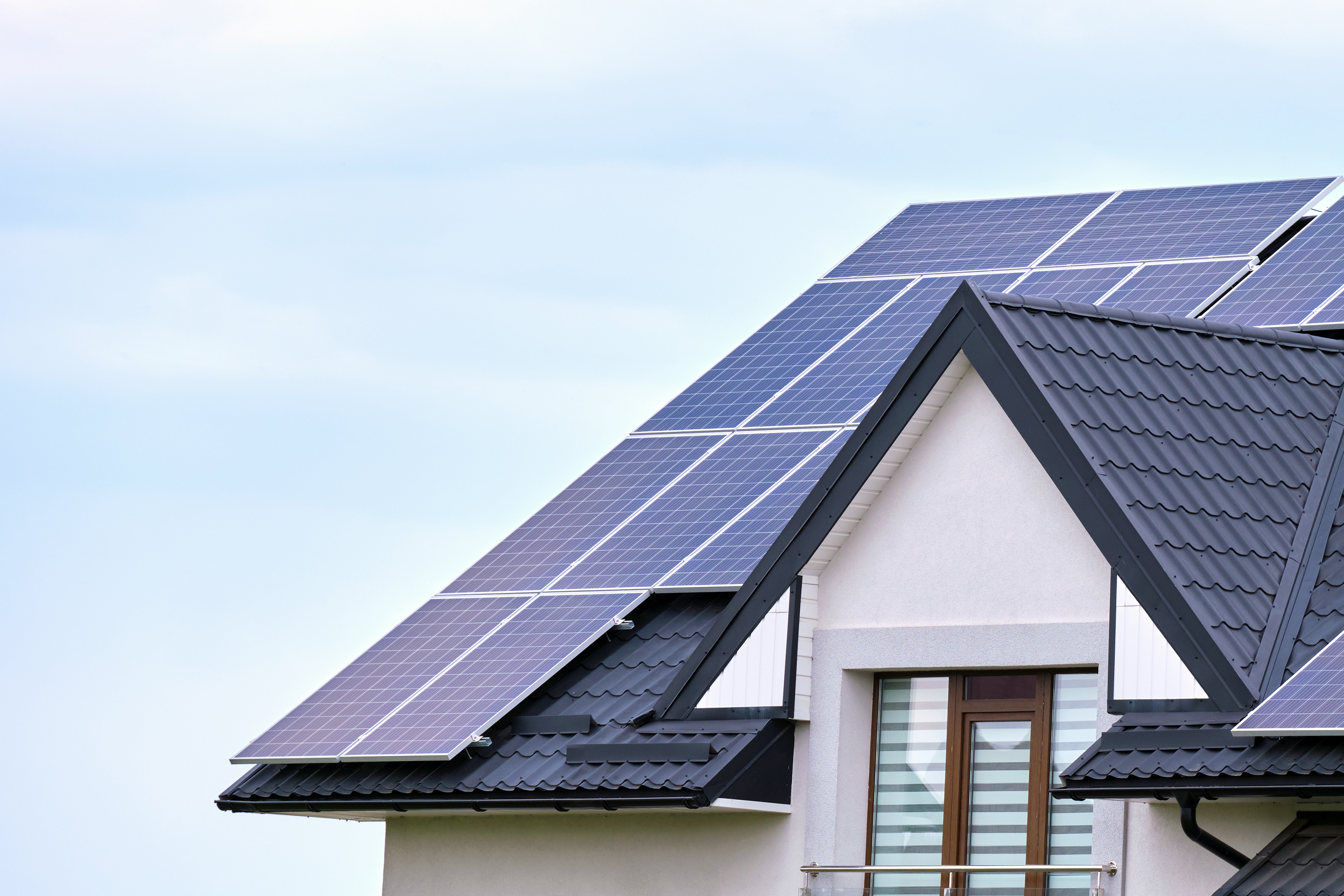
Boosting property value, reducing long-term electricity expenses, and increasing energy independence are just a few of the many benefits that come with adding solar panels to roof tiles, carports, windows, and more. It’s best to verify how the investment can benefit your home and what can be impacted, such as homeowners insurance. Determine what’s permitted, what can increase costs, and what adjustments you should make.
What’s Covered and Denied
Coverage details will vary among providers. However, most policies apply to the property’s dwelling and other structural areas you own, as long as the attachments are done correctly. This includes protection against theft, lightning, vandalism, fires, and hail.
The policy’s terms and limits will determine the depth of coverage. This factor is essential, as the insurance company may not assume responsibility for certain aspects of the solar panels. For example, if you haven’t purchased the panels and lease them instead, the solar company is responsible for damages, not your insurance provider.
It’s best to learn more about coverage before agreeing to a specific policy or installing solar panels.
Increased Premiums
Higher premiums are often due to the need to cover increased home values. For instance, the property’s dwelling value is likely to increase, causing the dwelling coverage limit of your current policy to increase, which leads to higher premium rates.
Coverage also increases due to the higher risks that come with solar panels. The rooftop experiences exposure to more elements, such as weather, increasing the panels’ vulnerability and the number of claims a homeowner may make. To deal with these potential risks, insurance providers generally increase premiums.
Installation Precaution
There are different installation processes, but insurance companies don’t cover every type. Therefore, you need to verify your panels and their process first instead of assuming the standard policy applies. For example, nonstandard installations like ground-mounted solar arrays aren’t typically covered. Instead, these processes require special add-ons or separate coverage altogether.
The roof’s longevity also plays an intricate role in your insurance. The installation process requires drilling, which can create openings that lead to water damage. To ensure your roof can take the drilling and other installation necessities, your homeowners insurance provider needs to evaluate its condition, making a decision that affects your current policy conditions and pricing.
If you take the installation step before going over limits and special requirements, your coverage may not apply, placing you in a difficult situation both financially and regarding the safety of your home.
Savings
Solar panels don’t always result in higher costs and additional expenses. In some cases, federal, state, and local tax credits or rebates can reduce the system’s cost and offer additional policy discounts.
The arrays generating their own electricity could save you money. As your home becomes less reliant on utility needs, you could avoid higher electricity payments in the future. Energy savings like this can also offset your homeowners insurance rates if your premium were to increase.
Make sure to check with your insurance agent so you know exactly what’s covered if you decide to install solar panels on your home. If you need reliable, affordable homeowners insurance, call on the experienced, trustworthy professionals at Altra Insurance Services. We can also provide you with renters, business, and car insurance. San Diego homeowners can learn more about our high-quality personal service by calling us today.